Jonsson School Adds New Faculty, Launches Dean’s Fellows Program
By: Laura Schmidt | Oct. 9, 2020
The Erik Jonsson School of Engineering and Computer Science at The University of Texas at Dallas has added nine new tenure-track faculty this year.
The new faculty in bioengineering have interdisciplinary interests, especially in biomechanics, optical microscopy, cancer research and infectious diseases, and will collaborate with researchers at UT Southwestern Medical Center.
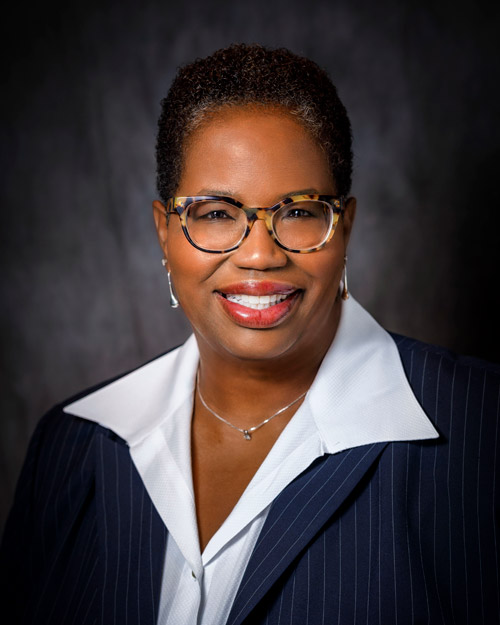
New faculty in electrical and computer engineering, mechanical engineering and computer science will focus on emerging areas such as human-computer interaction, cybersecurity and renewable energy.
“Whether from industry or another academic institution, all of our new tenure-system faculty members bring expertise from the front line of fields of great importance to society,” said Dr. Stephanie G. Adams, dean of the Jonsson School and holder of the Lars Magnus Ericsson Chair. “I look forward to supporting them as they inspire students in the classroom and demonstrate innovative results in their labs.”
In addition to the new faculty announcements, the Jonsson School has launched a Dean’s Fellows program for faculty and made several administrative changes.
New Tenure-Track Faculty
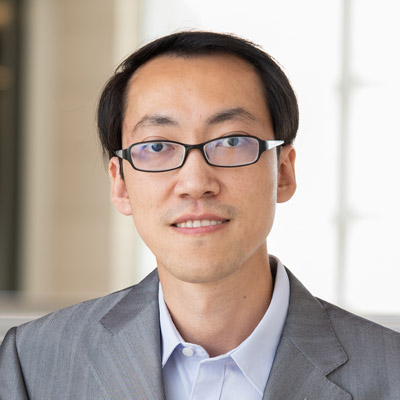
Dr. Yichen Ding, assistant professor of bioengineering
Education: PhD in biomedical engineering, Peking University, China, 2015; BS in precision instrument, Tsinghua University, China, 2010
Previous position: postdoctoral training in medicine and engineering at UCLA
Research interests: optical microscopy, image segmentation, interactive visualization, myocardial deformation
“We believe the integration of transgenic models with advanced imaging and computation will provide new mechanical and developmental insights into cardiac injury and regeneration.”
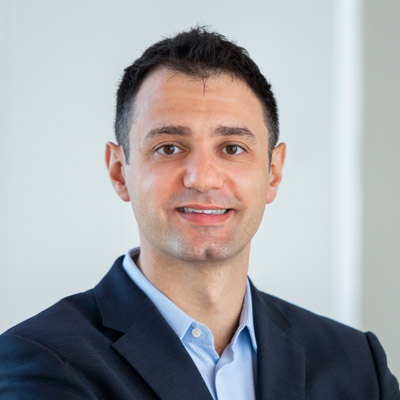
Dr. Jacopo Ferruzzi, assistant professor of bioengineering
Education: PhD in biomedical engineering, Yale University, 2015; MS in biomedical engineering, University of Pisa, Italy, 2009; BS in biomedical engineering, University of Pisa, 2006
Previous position: research scientist in biomedical engineering, Texas A&M University
Research interests: biomechanics and mechanobiology, experimental soft tissue mechanics, theoretical and computational modeling, tissue remodeling in cardiovascular disease and cancer
“As an incoming assistant professor at UT Dallas, I plan to develop state-of-the-art courses and train future bioengineers to work in highly interdisciplinary environments. In my laboratory, I will establish a research program aimed at understanding how tissues remodel and tune their mechanical properties to drive conditions such as cardiovascular disease and cancer. I will also establish clinical partnerships with UT Southwestern Medical Center to incorporate our findings into new diagnostic markers and treatment options for patients.”

Dr. Matthew Gardner, assistant professor of electrical and computer engineering
Education: PhD in electrical engineering, Texas A&M University, 2019; BS in electrical and computer engineering, Baylor University, 2014
Previous position: postdoctoral researcher at Texas A&M University
Research interests: electric motors and generators, magnetic gears, electric drives
“I look forward to teaching students and working with them to research innovative advances in the field of electric powertrains that will facilitate the growth of fields ranging from renewable energy to electric aviation.”
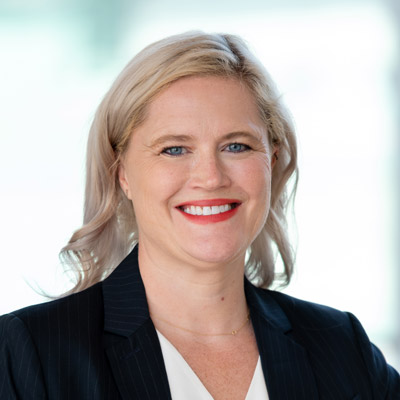
Dr. Caroline Jones, assistant professor of bioengineering
Education: PhD in biomedical engineering, University of California, Davis, 2010; MEng in biological and environmental engineering, Cornell University, 2003; BS in biological and environmental engineering, Cornell, 2002
Previous position: assistant professor of biological sciences at Virginia Tech
Research interests: immune engineering, sepsis, immunology and infectious diseases, inflammation, lab-on-a-chip technology, biosensors, host-pathogen interactions
“I am thrilled to join the Jonsson School during this exciting time of rapid growth and investment in translational research. My research program focuses on engineering novel microfluidic platforms to quantify septic patients’ immune cell function with single-cell resolution. UT Dallas is the perfect fit for my research because of the new biomedical engineering joint program with UT Southwestern Medical Center that will enable my students to bring their engineering research directly to the patient.”
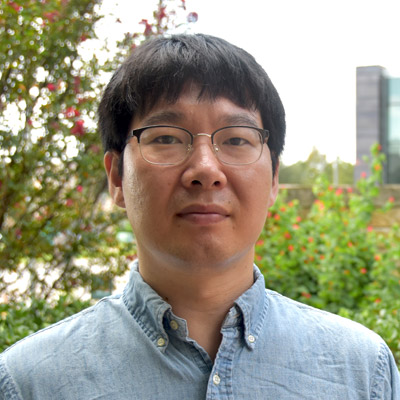
Dr. Chung Hwan Kim, assistant professor of computer science
Education: PhD in computer science, Purdue University, 2017; MSc in computer science, University of Utah, 2012; BSc in computer and information sciences, Sun Moon University, South Korea, 2008
Previous position: researcher, NEC Laboratories America Inc.
Research interests: cyber-physical systems security, software and systems security
“By developing fundamental techniques in operating systems, program analysis and control systems, my research aims to create new tools to analyze and address security problems in various cyber-physical systems including robots, autonomous vehicles and industrial control systems. Working with me, students will learn to develop those fundamental techniques and use them to detect and prevent sophisticated attacks. I hope my research at the University will be successful and have a practical impact on the security of cyber-physical systems.”
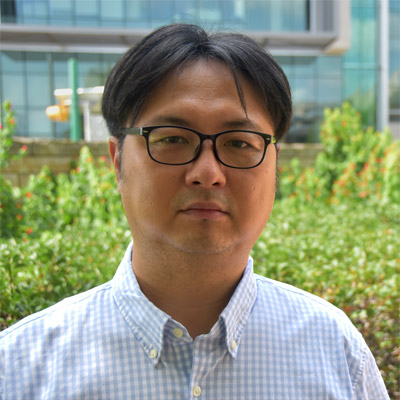
Dr. Jin Ryong Kim, assistant professor of computer science
Education: PhD in electrical and computer engineering, Purdue University, 2014; MS in computer science, Purdue, 2010; MS in electrical and computer engineering, Hanyang University, South Korea, 2004; BS in electrical and computer engineering, Hanyang, 2001
Previous position: staff researcher at Alibaba Group, Sunnyvale, California
Research interests: human-computer interaction, novel interaction through haptics in virtual reality, touch-screen interaction, wearable computing
“My research goal is to establish an interdisciplinary research program within the Jonsson School to solve real-world human-computer interaction problems. My research program will create haptic techniques to contribute to fundamental science in human-computer interaction. I plan to leverage theoretical and experimental results from the interfaces that I previously built and supervise students to research new haptics and virtual reality systems.”
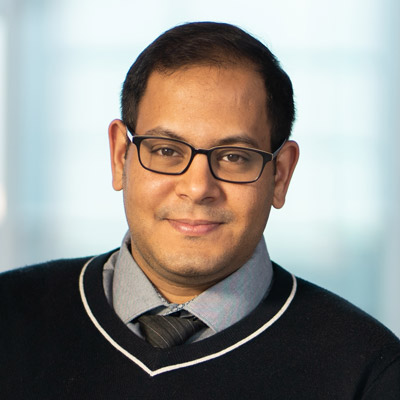
Dr. Girgis Obaid, assistant professor of bioengineering
Education: PhD in chemistry, University of East Anglia, England, 2013; BSc in biochemistry, University of East Anglia, 2009
Previous position: instructor at Harvard Medical School and Massachusetts General Hospital
Research interests: molecular targeted nanotherapeutics, molecular imaging, precision medicine, optically activatable cancer therapeutics, cancers of the head and neck, pancreatic cancer
“Our lab utilizes cutting-edge molecular imaging approaches to better understand the interface between tumor biology and nanotechnology. This understanding equips us with the means to personalize activatable cancer nanomedicines that bypass common treatment-resistance pathways causing cancer treatments to fail. As such, students are trained in nanomaterials fabrication and imaging as they develop an in-depth understanding of cancer. Their learning is further enriched by excellent collaborations at the Jonsson School and at UT Southwestern.”
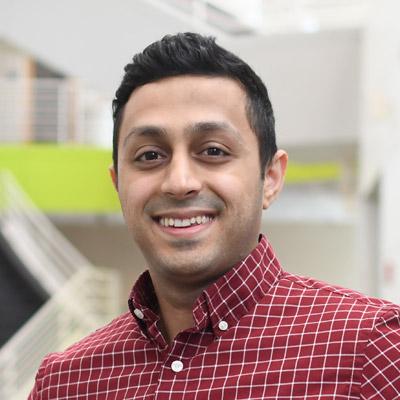
Dr. Kaveh Shamsi, assistant professor of electrical and computer engineering
Education: PhD in electrical and computer engineering, University of Florida, 2020; MSc in computer engineering, University of Central Florida, 2017; BSc in electrical engineering, Sharif University of Technology, Iran, 2014
Previous position: doctoral student at University of Florida
Research interests: formal methods, algorithms in hardware security, analog and digital circuit design
“I am so honored to be part of such a rapidly growing department. I am looking forward to utilizing the broad capabilities and experience at the Jonsson School for advancing my research, focusing on algorithms that tackle complex problems in logic circuits. This can help students gain a wide array of software and hardware skills, especially as circuit-based logic approaches are used in different areas such as artificial intelligence, cryptography and quantum computing.”
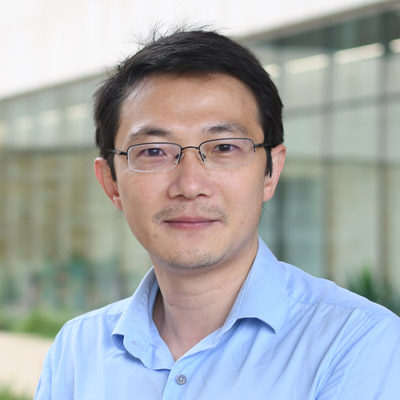
Dr. Guoping Xiong, assistant professor of mechanical engineering
Education: PhD in mechanical engineering, Purdue University, 2013; MS in materials science and engineering, Tsinghua University, Beijing, 2008; BS in materials engineering of molding and controlling, Huazhong University of Science and Technology, China, 2005
Previous position: assistant professor at the University of Nevada, Reno
Research interests: heat transfer, energy storage and conversion, nanomaterials, solar energy harvesting, nanoscale fluid transport
“The Jonsson School has the world’s leading research facilities in the engineering field. I hope to develop a strong research team here to influence the areas of thermal and fluid sciences, energy and materials.”
Dean’s Fellows
The newly launched Dean’s Fellows program is a leadership development experience for faculty members committed for a year to support a specific area of need in the Jonsson School. This year’s Dean’s Fellows are:
- Dr. William Anderson, associate professor of mechanical engineering and Fellow, Eugene McDermott Professor, who will focus on inclusive graduate recruitment and community building.
- Dr. Baowei Fei, professor of bioengineering and Cecil H. and Ida Green Chair in Systems Biology Science, who will focus on enhancing the Jonsson School’s research enterprise.
- Dr. Fatemeh Hassanipour, associate professor of mechanical engineering, who will study closing the achievement gap at the Jonsson School.
New faculty members and Dean’s Fellows will work with new leaders in the following Jonsson School positions:
- As associate dean of external relations, Christopher Bhatti now leads the development and alumni relations, UTDesign and Jonsson Career Services teams. Bhatti remains assistant vice president for development and alumni relations.
- Elaine Pearson, an administrator with more than 35 years of experience leading academic administration operations at public regional comprehensive and doctoral research universities, most recently at Old Dominion University, is the new associate dean of administration.
- Dr. Shalini Prasad, professor of bioengineering and a Cecil H. and Ida Green Professor in Systems Biology Science, now leads the Department of Bioengineering. Prasad is an interdisciplinary researcher who specializes in creating early diagnostic sensor platforms affordable enough to impact worldwide health.
- Dr. Manuel Quevedo, professor of materials science and engineering, now heads the Department of Materials Science and Engineering. Quevedo is a scholar highly engaged in his field who has demonstrated multiple materials and devices for the microelectronics industry.
- Dr. Amy Walker, professor of materials science and engineering, is the new associate dean for undergraduate education. Walker has demonstrated success in the areas identified as goals for the position: increasing diversity and inclusion, improving the pipeline of women and underrepresented minorit
ies in engineering and computer science, and improving retention, engagement and the student experience.
New Faculty Series
News Center is publishing profiles of tenured and tenure-track professors who have recently joined the University. The following school profiles have been published:
School of Arts, Technology, and Emerging Communication
School of Behavioral and Brain Sciences
School of Economic, Political and Policy Sciences
Media Contact: Laura Schmidt, UT Dallas, 972-883-2158, laura.schmidt@utdallas.edu, or the Office of Media Relations, UT Dallas, (972) 883-2155, newscenter@utdallas.edu.





